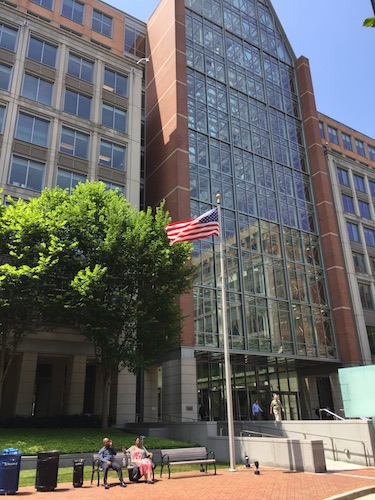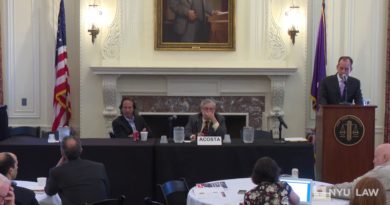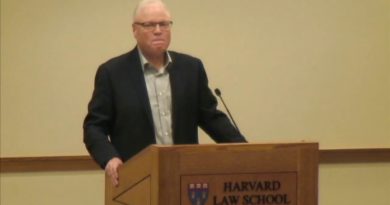The Supreme Court Sides with Employers on the Right to Sue Unions
On June 1, 2023, the United States Supreme Court held that a company could sue a union over intentional damage caused during a labor dispute. In Glacier Northwest v. International Brotherhood of Teamsters Loc. Union No. 174, a concrete company, Glacier Northwest, alleged that the Union intentionally destroyed company property during a strike. Specifically, Glacier claimed that the Union called for a work stoppage while concrete was being mixed, resulting in the hardening of the concrete, which not only ruined the concrete batch but also damaged company trucks. Seeking to hold the Union responsible, Glacier sued the Union in state court. The Union argued that because this was a labor dispute matter, the National Labor Relations Act (NLRA) preempted any state court claims.
The Washington state court agreed with the Union, and that decision was upheld by the Washington Supreme Court, which reasoned that “the NLRA preempts [the company’s] tort claims related to the loss of its concrete product because that loss was incidental to a strike arguably protected by federal law [the NLRA].” Following the Washington Supreme Court’s decision, the United States Supreme Court decided to hear the case. In an 8-1 decision, the Supreme Court sided with Glacier, holding that because the Union “took affirmative steps to endanger Glacier’s property … the NLRA does not arguably protect its conduct.” The Supreme Court recognized that the NLRA protects the right to strike; however, it also noted that the National Labor Relations Board “has long taken the position – which the parties accept – that the NLRA does not shield those who fail to take ‘reasonable precautions’ to protect their employer’s property from foreseeable, aggravated, and imminent danger due to the sudden cessation of work.”
In light of this limitation on the right to strike, the Supreme Court held that the Union did not meet its burden in asserting that the NLRA preempted the matter. Writing for the majority, Justice Amy Coney Barrett noted that, based on the allegations, “the Union executed the strike in a manner designed to compromise the safety of Glacier’s trucks and destroy its concrete. Such conduct is not ‘arguably protected’ by the NLRA; on the contrary, it goes well beyond the NLRA’s protections.” Accordingly, the Supreme Court reversed the judgment of the Washington Supreme Court and remanded the case for further proceedings.
Justice Jackson authored the lone dissenting opinion in the case. In her dissent, Justice Jackson cautioned that the majority’s decision would confuse lower courts as to how preemption applies and that this decision “risks erosion of the right to strike.” Justice Jackson also noted that the Supreme Court should have suspended its adjudication on this case because a complaint against the company is pending before the NLRB.
The upshot of the Supreme Court’s decision is that unions may be exposed to lawsuits based on work stoppages that damage company property. Although unions were previously capable of being sued in state court for violent or threatening conduct, the Supreme Court’s decision here goes a step further in finding that a union can be sued in state court if it is alleged that the Union enacted a work stoppage in an attempt to damage company property intentionally. Moving forward, employers should be aware of their right to sue a union when a work stoppage intentionally damages company property.
If you have any questions about the Glacier decision or how it impacts a company’s right to sue, please contact a member of the McNees Labor & Employment Group.






